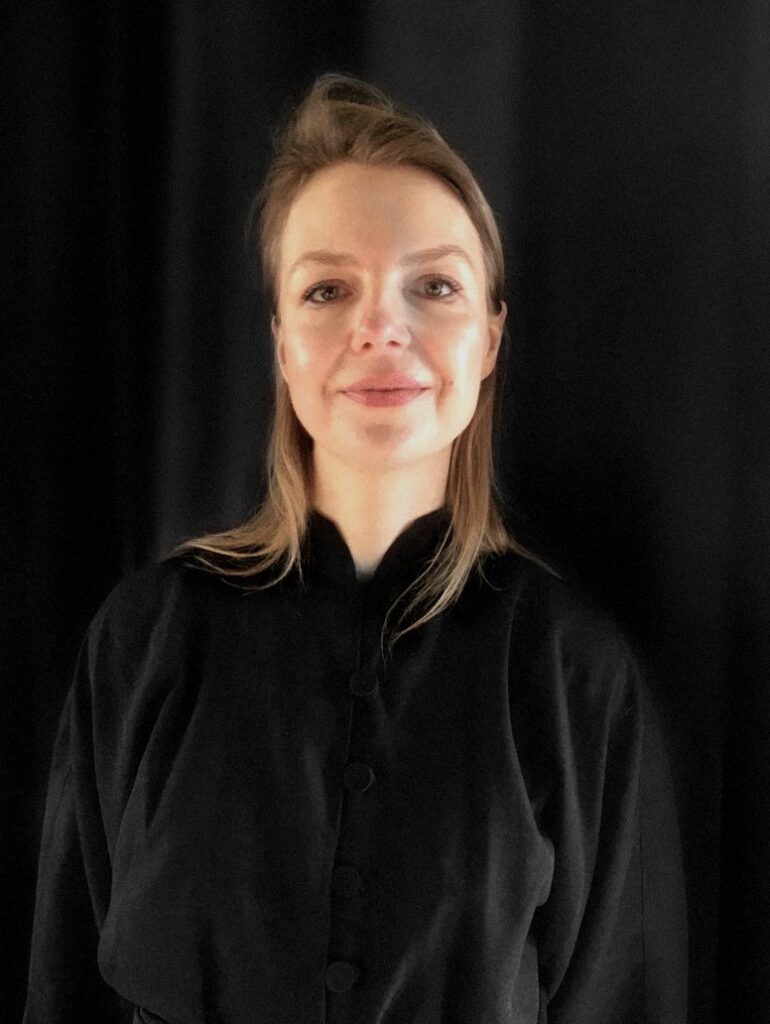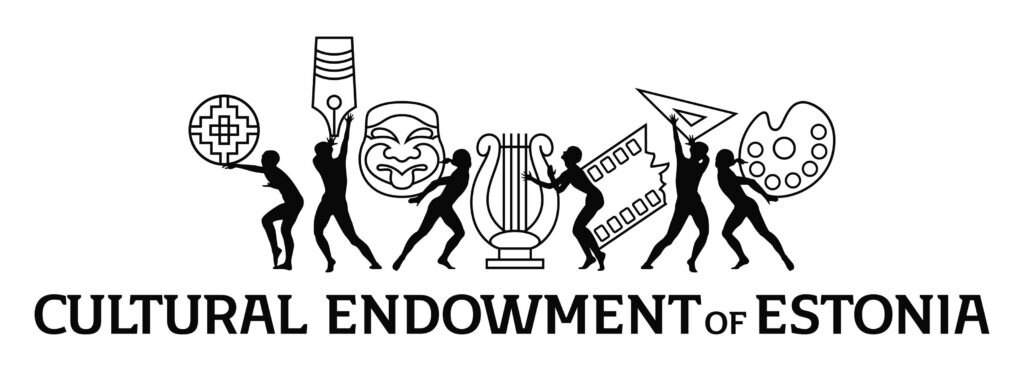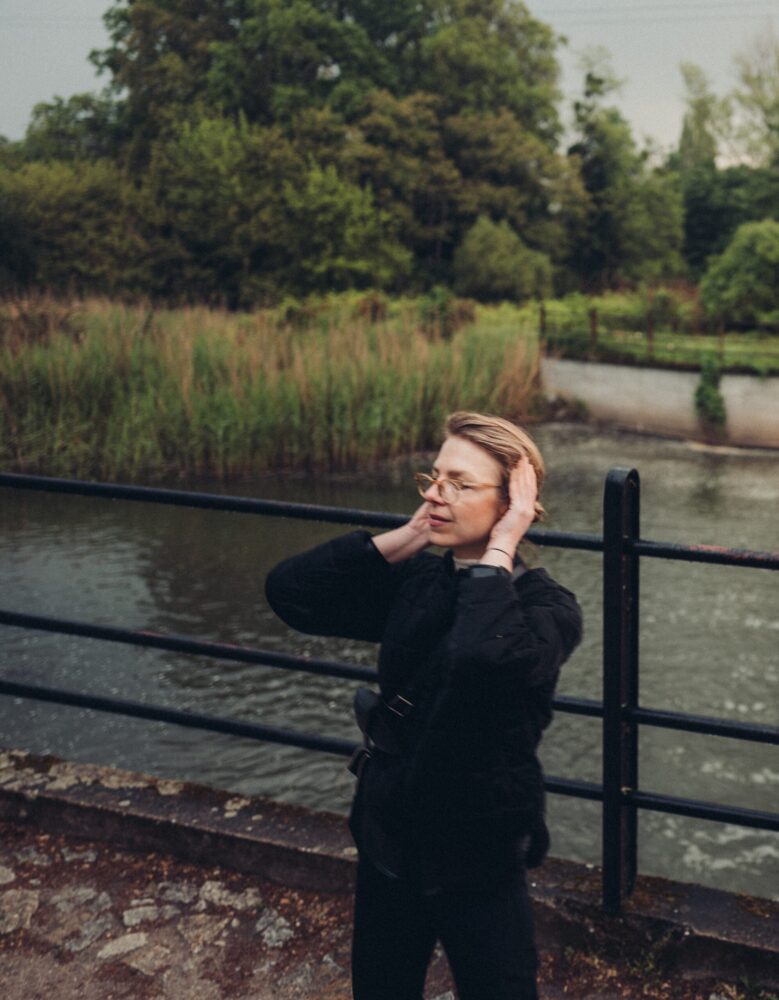Narva Art Residency is proud to announce that Polish artist WERONIKA TROJAŃSKA has been selected for the Finno-Ugric Creative Residency 2025. Out of more than 130 applications received from around the world, the artist was chosen by a jury of experts, including Piret Puppart, Professor and Head of the Fashion Department at the Estonian Academy of Arts; metal artist and graphic artist Kärt Summatavet; Ekaterina Kuznetsova, head of Narva Ingeri House and organizer of the Finno-Ugric Capital of Culture year program; and Johanna Rannula, Director of Narva Art Residency.
Supported by the Cultural Endowment of Estonia, the Finno-Ugric Creative Residency is part of the Narva 2025 Finno-Ugric Capital of Culture program. The selected artist will create a work inspired by Finno-Ugric cultures, enriching the Capital of Culture program with a distinctive contemporary art project and presenting Finno-Ugric heritage in a new and engaging way. According to jury member Ekaterina Kuznetsova: “What proved decisive was the artist’s ability to approach Finno-Ugric heritage with a fresh eye, to create new connections and perspectives, and to make it understandable and tangible.”
Weronika Trojańska is an interdisciplinary artist whose practice moves between sound, performance, and installation. She explores the psychoacoustics of the human body – the musicality of speech, silence, and laughter – and often works collaboratively to question the roles of artist, audience, and artwork. Her projects have been presented internationally, including New York, Amsterdam, Berlin and Salzburg.

Weronika’s Residency Project
During her residency in Narva, Weronika will focus on Finno-Ugric lament traditions, which have long been part of rites of passage and accompanied life’s turning points – funerals, farewells, weddings, and migration. Laments carry forward stories of families and experiences of grief. Weronika reimagines lament not as a custom left in the past but as a living practice that helps to confront contemporary crises such as migration, ecological catastrophes, war, and personal loss.
Working together with local communities, she plans to create a contemporary lament that will unfold as a meditative sound ritual. In this shared practice of remembrance and renewal, lament becomes a way to collectively experience care, resistance, and transformation.

The Finno-Ugric Creative Residency is supported by the Cultural Endowment of Estonia. The cooperation partners are the Finnish Institute in Estonia and NGO Fenno-Ugria.
